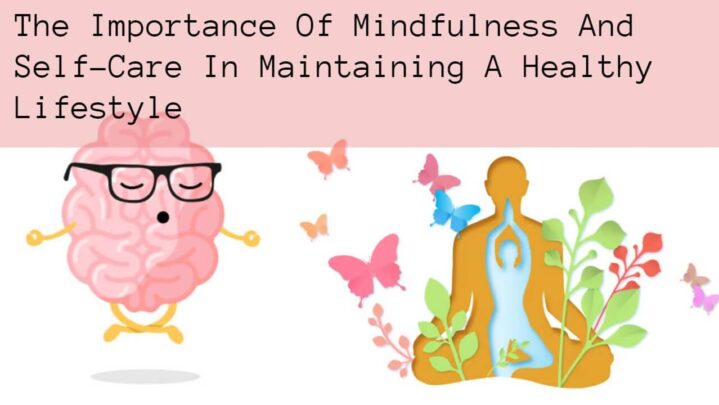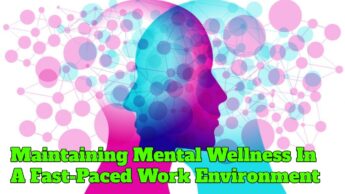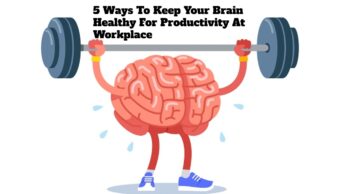Mindfulness practice can help decrease stress and enhance mental health. It entails paying attention to your breath, body, and environment, as well as accepting your thoughts and sensations without judgment. This can assist you in being more aware of your thoughts and emotions, helping you to better regulate them.
Self-care, on the other hand, is looking after one’s physical and emotional well-being. Eating a nutritious diet, getting enough sleep, exercising frequently, and managing stress are all examples. Activities that provide you joy and relaxation, such as reading, meditating, or spending time with loved ones, can all be considered self-care.
You are more likely to live a healthy and balanced lifestyle if you prioritize mindfulness and self-care. You are less likely to develop symptoms of anxiety and sadness if you reduce stress, and you will have more energy and concentration to manage your daily responsibilities. When you look after yourself physically and emotionally, you are less likely to have health problems and are more likely to maintain a healthy weight and energy levels.
Overall, mindfulness and self-care are essential for leading a healthy life. They serve as a basis for total well-being, assisting you in managing stress, improving mental health, and maintaining physical health. It is critical to include these activities in your daily routine and to emphasize your general well-being.
Finally, mindfulness and self-care are critical for living a healthy lifestyle. They assist you in reducing stress, improving mental health, and caring for your physical well-being. Making time in your daily routine for mindfulness and self-care can help you enhance your overall well-being and live a healthier, happier life.
Also Read: Relationships And The Function Of Mindfulness And Self-Awareness





